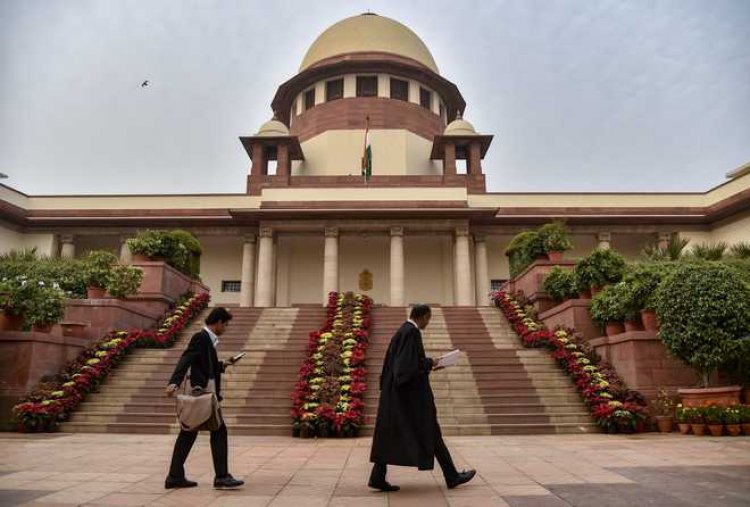Supreme Court Upholds Freedom of Religion

Quashing a public interest litigation (PIL) against religious conversions, the Supreme Court has sternly upheld the right of an adult to freely choose, practise and propagate his/her religion as guaranteed by the Constitution. It threw out a public interest litigation petition which sought to stop Indians from converting out of the faith they were born into. The judges were angry. They said: “What kind of writ petition is this? Why should a person above 18 not choose his religion?”
This, writes The Tribune “is significant in the current atmosphere of divisively communal politics and the ‘otherisation’ of minorities. The SC rightly called out the ‘publicity interest litigation’ which subverted an individual’s right to freedom of religion as being of a ‘very, very harmful kind’. The petition had sought directions to the Centre and the states to ban black magic, superstition and religious conversions that were allegedly being done through threats, intimidation or bribes………..”
The Supreme Court is separately examining the constitutional validity of a spate of ‘anti-conversion’ laws enacted recently by states such as Himachal Pradesh, Uttarakhand, Uttar Pradesh and Madhya Pradesh.
Article 25 of India’s Constitution reads: “All persons are equally entitled to freedom of conscience and the right freely to profess, practise and propagate religion”. This, writes Aakar Patel (columnist and former executive director of Amnesty International India) “is apparently a fundamental right, meaning one which enjoys a high degree of protection from State encroachment…..” However, states have “laws criminalising what is supposed to be a fundamental right.”
Meanwhile, The Tribune feels “India’s secular image has taken a beating as political weaponisation of religion is bound to deal a severe blow to our multi-religious and diverse society. These disconcerting developments undermine the constitutional safeguard that there should be no discrimination on the basis of religion.”















